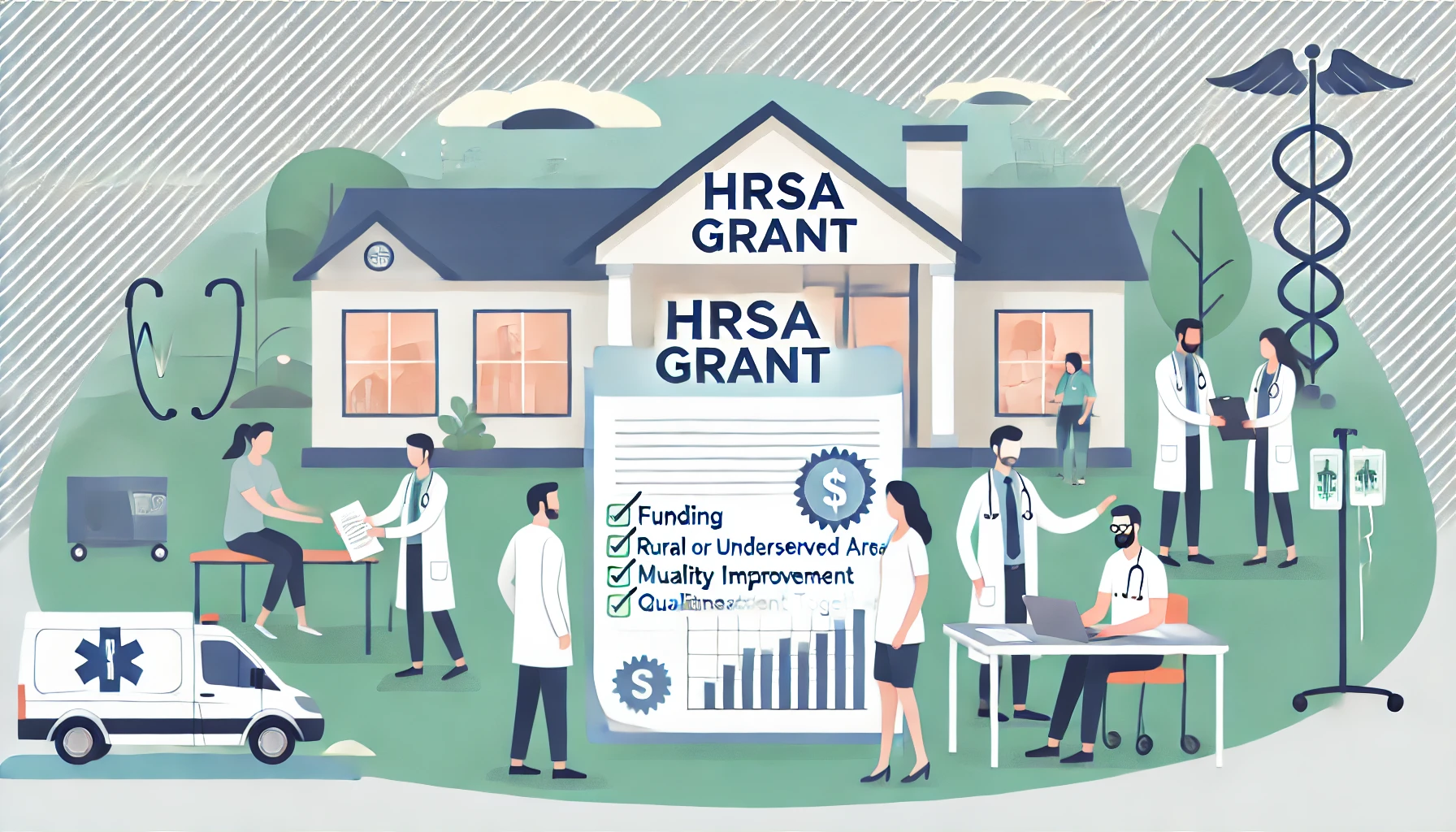
Table of Contents

January 7, 2025
Revolutionizing Healthcare: Insights from AI Conference
AI's transformative potential in healthcare was showcased at a Hyderabad conference, addressing its impact on diagnostics, care, admin, and ethical challenges.
Revolutionizing Healthcare: Insights from AI Conference
Introduction: The Growing Role of AI in Healthcare
Artificial intelligence (AI) has increasingly become a cornerstone of innovation, touching nearly every industry, and healthcare is no exception. A recent conference hosted by a Hyderabad hospital, as detailed by The Hindu in their article titled "Hospital Hosts Conference on Role of AI in Healthcare" ([source](https://www.thehindu.com/news/cities/Hyderabad/hospital-hosts-conference-on-role-of-ai-in-healthcare/article69072765.ece)), explored the vast potential and challenges of AI in transforming healthcare systems globally. Whether it's improving diagnostics, streamlining administrative processes, or personalizing treatment, the event illuminated both possibilities and the hurdles ahead.AI: A Game-Changer in Diagnosis
One of the key discussions at the conference was how AI is being harnessed to improve diagnostic processes. AI algorithms can currently analyze medical images, such as X-rays, MRIs, and CT scans, with remarkable precision. According to the conference speakers, this can significantly reduce the time required to detect diseases like cancer, offering patients faster intervention and potentially life-saving solutions. As highlighted by The Hindu, a panelist at the event stressed the importance of early disease detection, noting, “AI has the ability to detect anomalies that even seasoned radiologists might overlook.” This claim underscores AI’s strength in augmenting human expertise; however, it also raises questions about the need for rigorous oversight to ensure its reliability. What happens, for instance, when algorithms misinterpret data? And how do medical institutions balance human oversight with AI efficiency?Personalizing Patient Care
AI isn’t just limited to diagnostics—it’s reshaping how patients are treated as well. Personalization of care through AI was another major talking point at the event. Leveraging AI-driven systems, healthcare providers can analyze a patient's medical history, genetic information, and treatment outcomes to create customized care plans. This could mean fewer trial-and-error treatments and better patient outcomes. Yet, as we embrace the data-intensive nature of personalized care, the issue of privacy becomes a concern. How do healthcare systems ensure that sensitive patient data remains secure when stored in AI platforms? The conference reportedly addressed these concerns, advocating for more stringent data protection measures and the ethical use of AI in medicine.Streamlining Administrative Processes
Beyond clinical applications, AI is finding its footing in the administrative side of healthcare. According to insights from the conference, automating systems such as patient intake, scheduling, and billing could save time, cut costs, and reduce human error. The Hindu's coverage outlined how institutions are actively exploring the use of AI tools like chatbots to handle routine questions from patients. However, deploying these tools too broadly could inadvertently create a barrier for patients who rely on human connection, especially in emotionally charged situations like serious illnesses.Challenges to Overcome: The Other Side of AI in Healthcare
While the potential benefits of AI in healthcare are monumental, the discussions also touched on the challenges that must be addressed for AI to fulfill its promise. Below are some critical questions raised:- Ethical Concerns: Who is held accountable when AI systems make errors, especially in life-and-death situations?
- Bias in Algorithms: AI systems depend on the data fed to them; any bias in the data could perpetuate disparities in treatment.
- Affordability: How accessible will AI-driven solutions be for rural and underserved populations?
Alternative Perspectives: Is AI the Silver Bullet?
While the enthusiasm at the AI healthcare conference was palpable, it’s worth considering whether AI is being overhyped as a cure-all for modern medicine’s challenges. Critics argue that while AI can enhance healthcare, it cannot replace the intuition and empathy of skilled healthcare professionals. Similarly, as some skeptics caution, over-reliance on AI might inadvertently create systemic vulnerabilities, such as cybersecurity risks or the marginalization of low-tech solutions. Moreover, the integration of AI into healthcare systems requires a hefty investment, which may not always produce the expected returns. Before diving headlong into AI adoption, might it be prudent for healthcare systems to conduct cost-benefit analyses, comparing AI-driven reforms with incremental improvements to existing technologies?Finding the Balance
Ultimately, the discussions at the Hyderabad conference point to one key takeaway: AI is not just a tool—it’s a transformative force with profound implications for healthcare. However, like any transformative technology, its implementation must be approached thoughtfully, with a balance of ambition and caution. Policymakers, healthcare professionals, and technologists will need to collaborate to create frameworks that maximize benefits while mitigating risks.Conclusion: Navigating the AI-Driven Future of Healthcare
In summary, the recent AI healthcare conference in Hyderabad highlighted just how impactful artificial intelligence could be in revolutionizing healthcare systems. From improving diagnostics and personalizing care to streamlining workflows, the potential applications are groundbreaking. However, the discussions also revealed significant challenges—ranging from data security to ethical dilemmas—that need addressing before AI can fully deliver on its promise. As the article from The Hindu ([source](https://www.thehindu.com/news/cities/Hyderabad/hospital-hosts-conference-on-role-of-ai-in-healthcare/article69072765.ece)) aptly illustrates, this is a moment of both opportunity and responsibility for the healthcare industry. As we stand on the brink of an AI-driven future, the question remains: how do we balance innovation with accountability? The answers will likely determine the extent to which AI becomes a true game-changer in healthcare—or just another technological experiment with mixed results.Thank you! Your submission has been received!
Oops! Something went wrong while submitting the form.

Why Every Hospital Needs a Quality and Patient Safety Program
Every hospital needs a quality and patient safety program to reduce harm, improve care, and foster a culture of accountability.
Read More
.png)
.png)
April 16, 2025

HRSA FQHC Requirements: A Comprehensive Guide for Healthcare Providers
When it comes to federally qualified health center requirements, there’s no shortage of regulations, expectations, and—depending on your perspective—opportunities.
Read More
.png)
.png)
April 7, 2025

Unlocking Funding: A Guide to Health Resources and Services Administration (HRSA) Grants
Use HRSA grants to fund external peer review programs that enhance care quality, reduce bias, and support compliance in health centers.
Read More
.png)
.png)
March 24, 2025



.png)
.png)
.png)






.png)